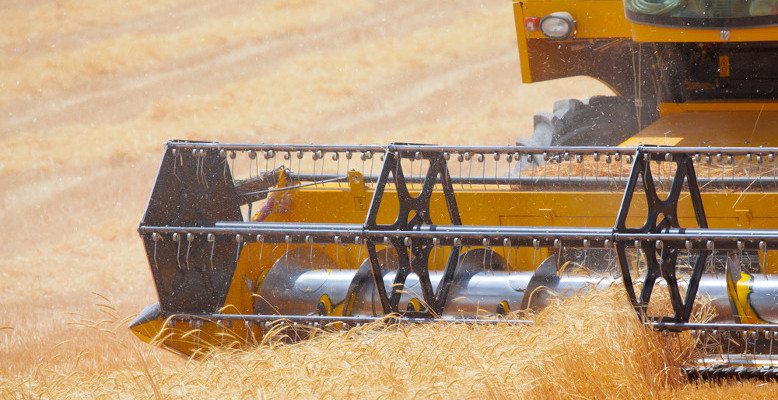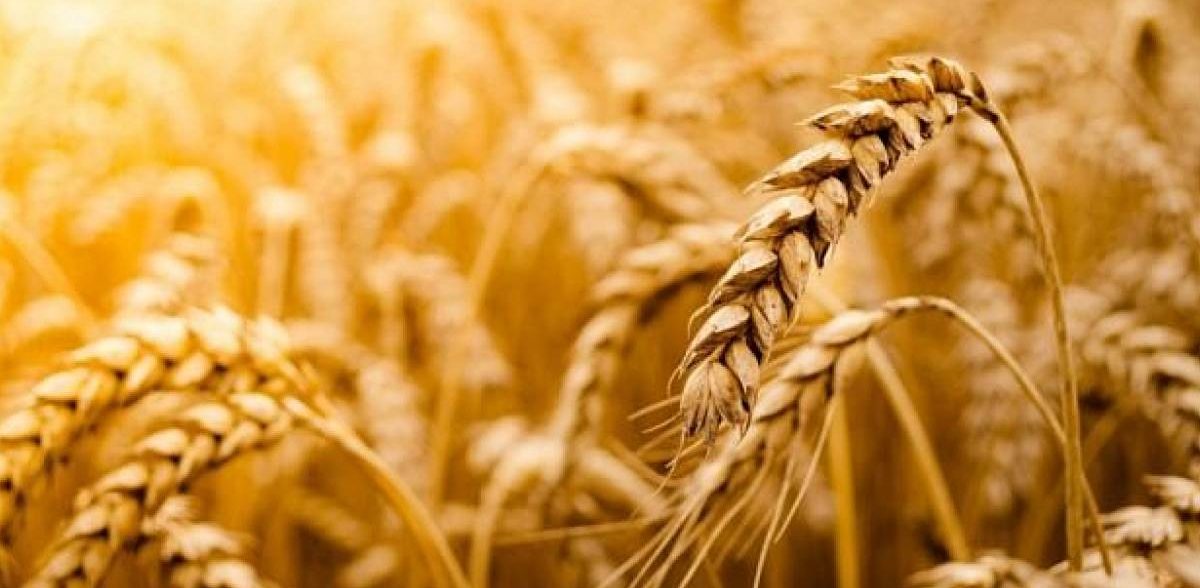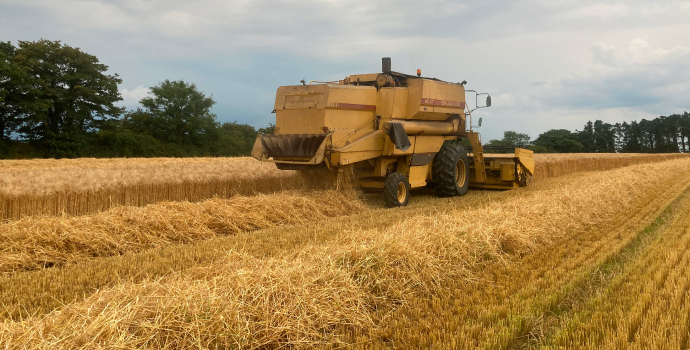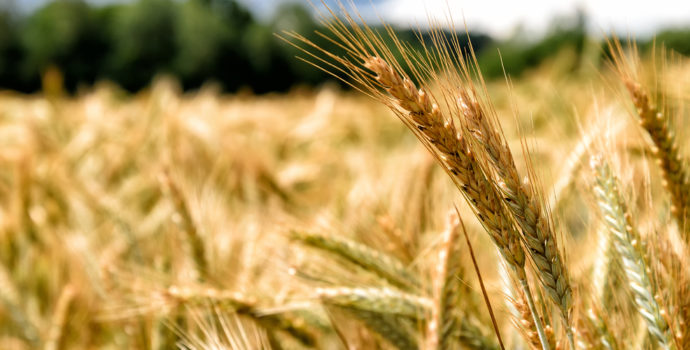IFA Grain Chairman Calls on Farmers to Insist on Irish Grain in Feed Rations

IFA Grain Committee Chairman Mark Browne has called on farmers who buy compound feed rations to insist on Irish grains. Some feed merchants are now producing rations which contain little or no Irish grain and have replaced it with maize grain from non-EU sources.
“Irish tillage farmers are angry at the reduction in the use of Irish grains, considering Irish wheat and in particular barley is still readily available in store. We are forecast to import in excess of 1.3mt of maize for the current marketing year with the majority of this originating in Canada, Brazil and the Ukraine,” he said.
The EU has agreed deals with certain countries without demanding an equivalence in environmental or production standards. It is unacceptable that Irish grain growers are forced to compete with non-EU feedstuffs which have regulatory and competitive advantages in relation to GM technology, fertilizer costs and use of plant protection products.
“The absence of a level playing field has resulted in a reduction of 67,500 ha in the area planted to the main cereal crops, which represents a drop of over 20% in the past 10 years. Grain farmers have experienced successive years of poor prices and although prices improved for harvest 2018, many grain farmers failed to benefit due to poor yields,” he said.
The acceptance of different standards at an Irish and EU level for native and imported grains cannot be tolerated. It is hypocritical of the EU Commission to increase the regulatory burden on local cereal producers while allowing increased access to non-EU feedstuffs produced to different standards.
Irish tillage farmers have been disproportionately affected by the current CAP due to convergence and greening measures, therefore any further reduction in supports under CAP 2020 cannot be tolerated.
Mark Browne concluded by emphasising the strategic importance of the arable sector within the broader agricultural industry and a reminder that it underpins Ireland’s €12.6bn valued livestock, dairy, drinks and mushroom export sectors. However, tillage farming has become a vulnerable sector and in order to prevent further decline in the area, urgent political action is needed at local and EU level.



